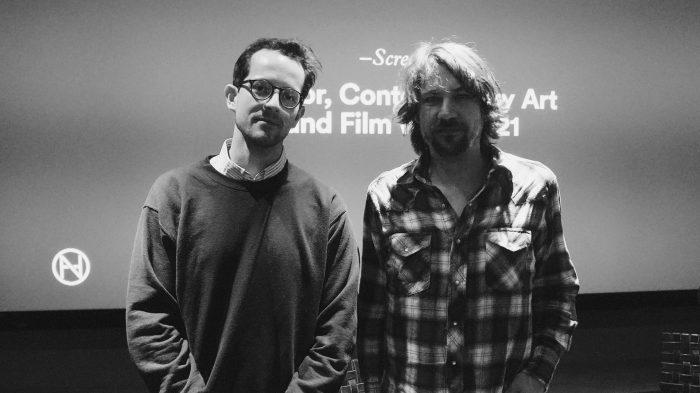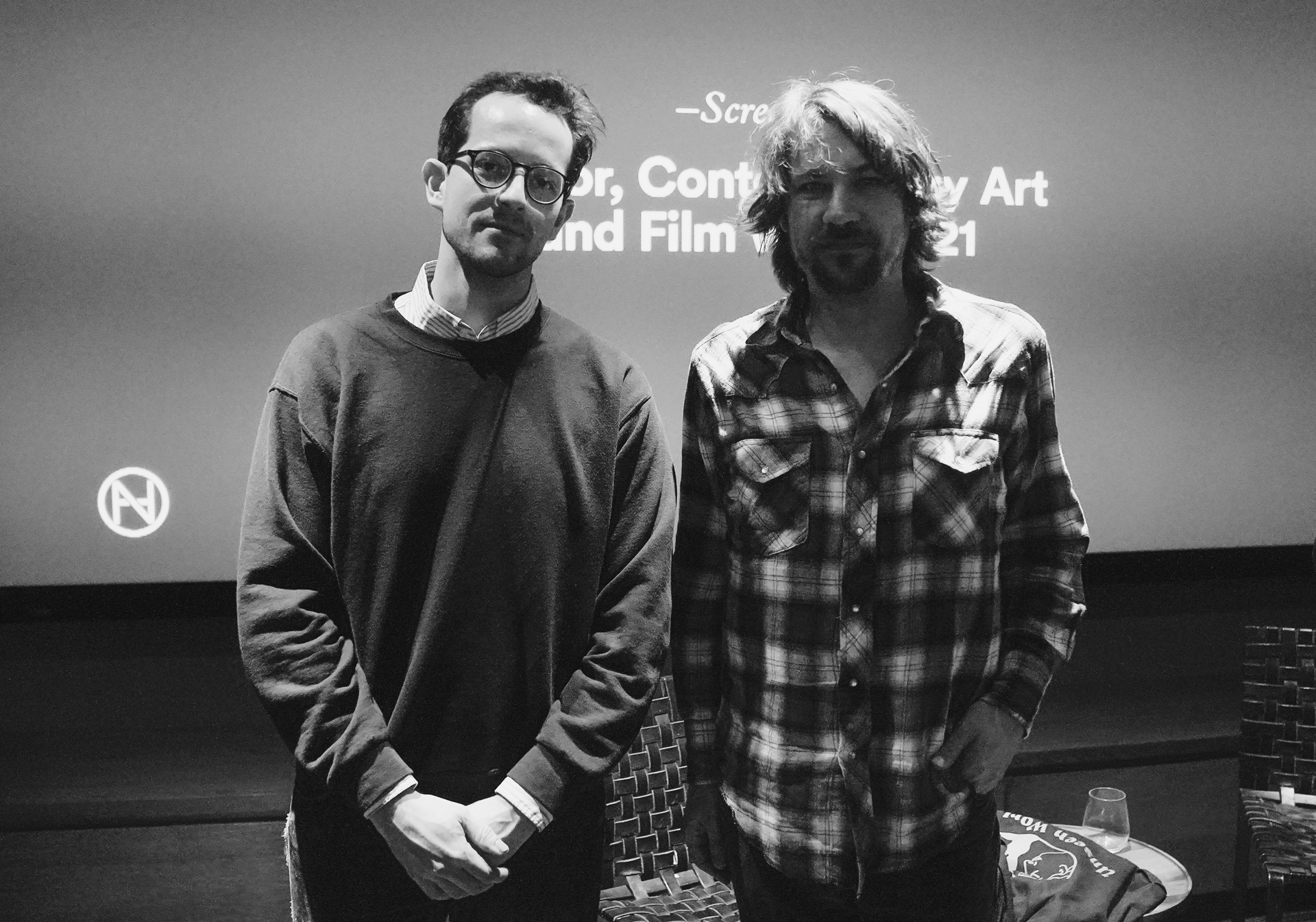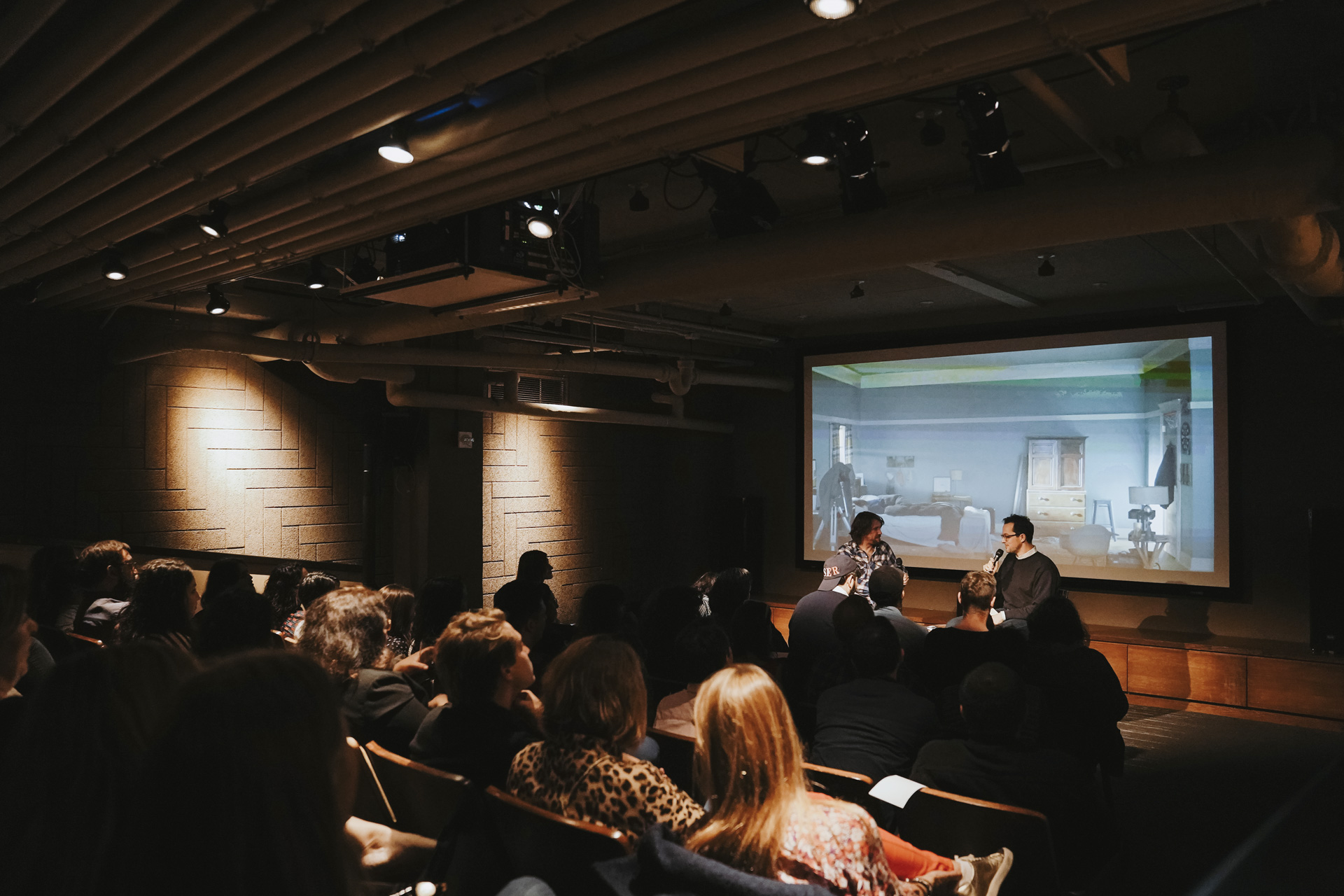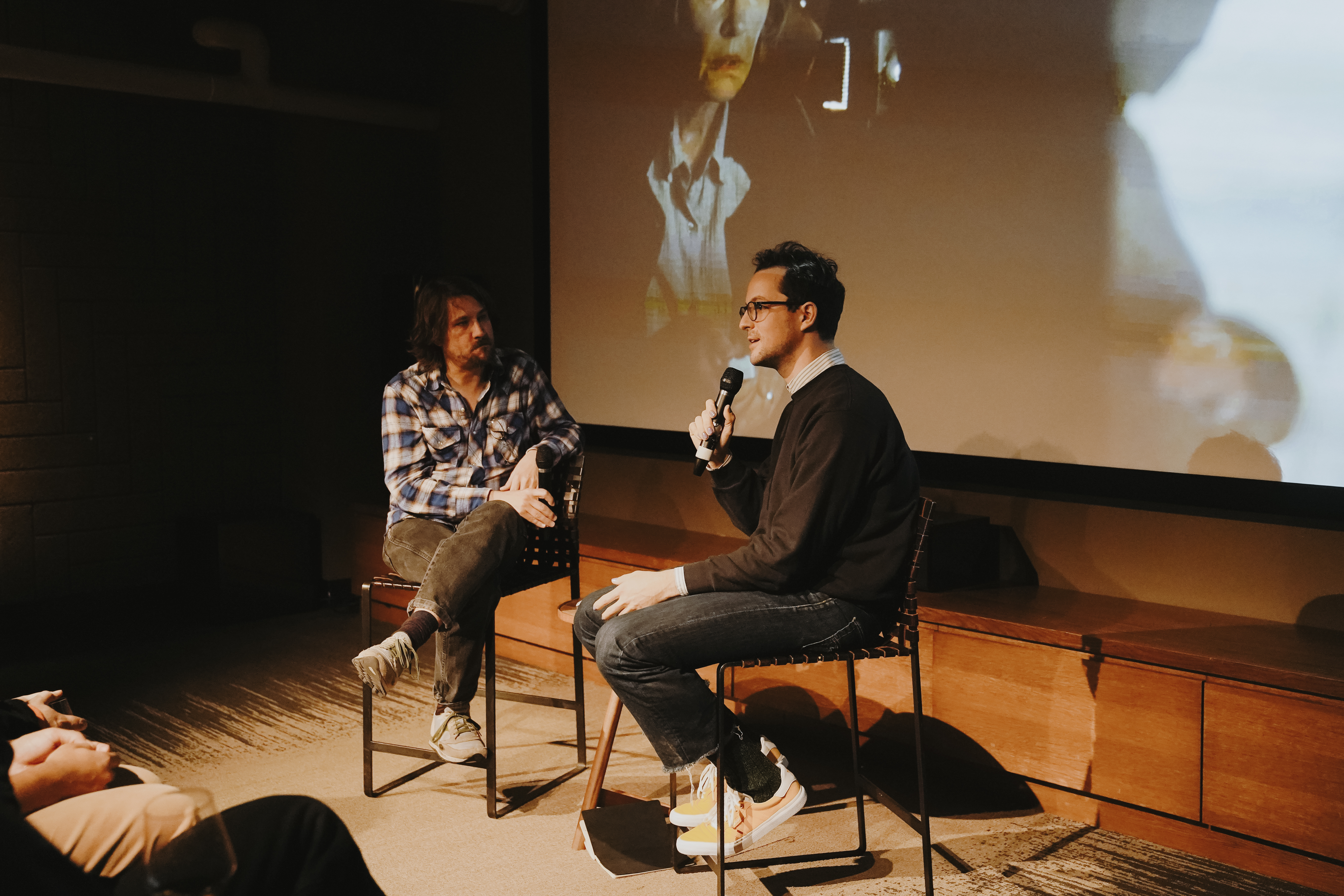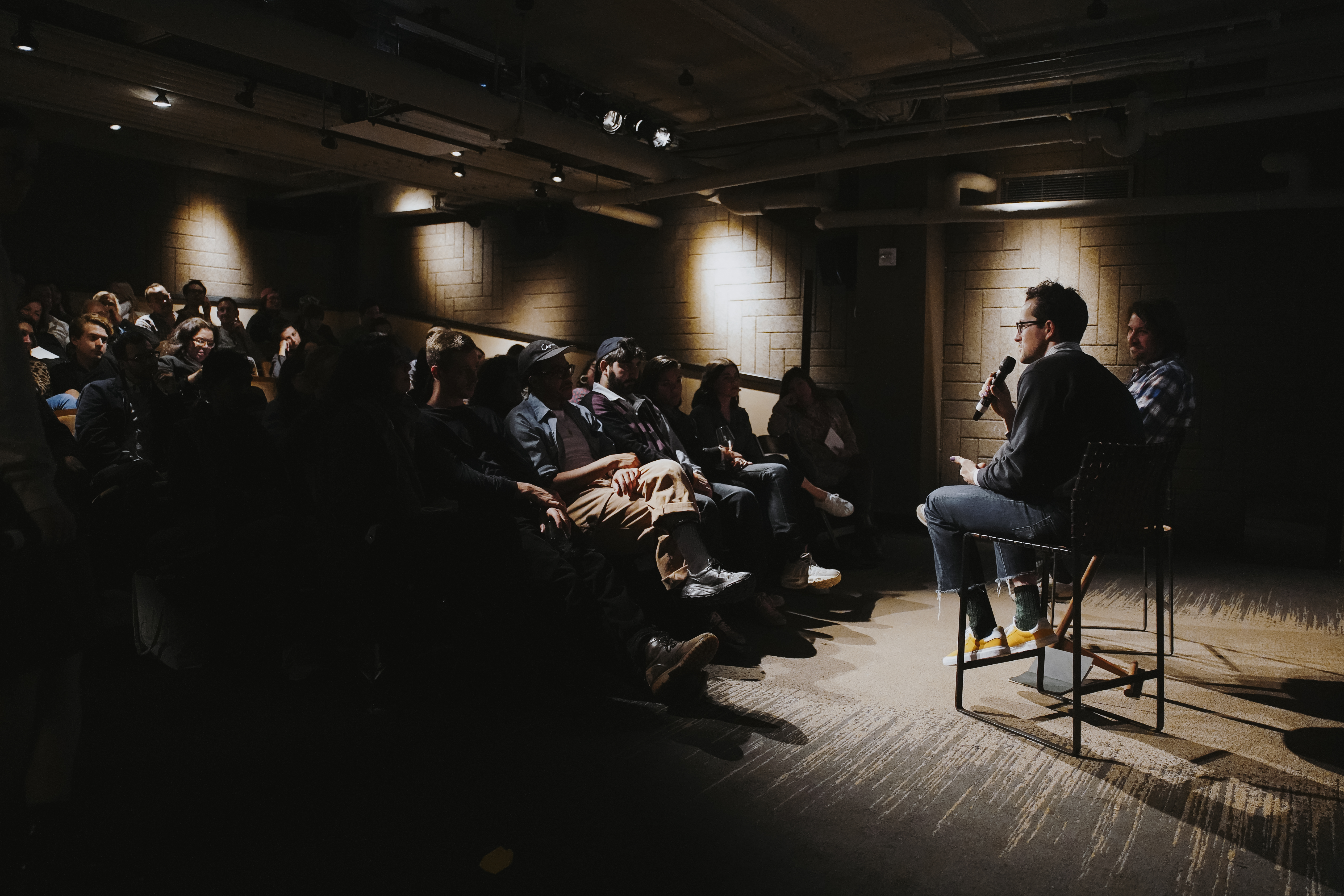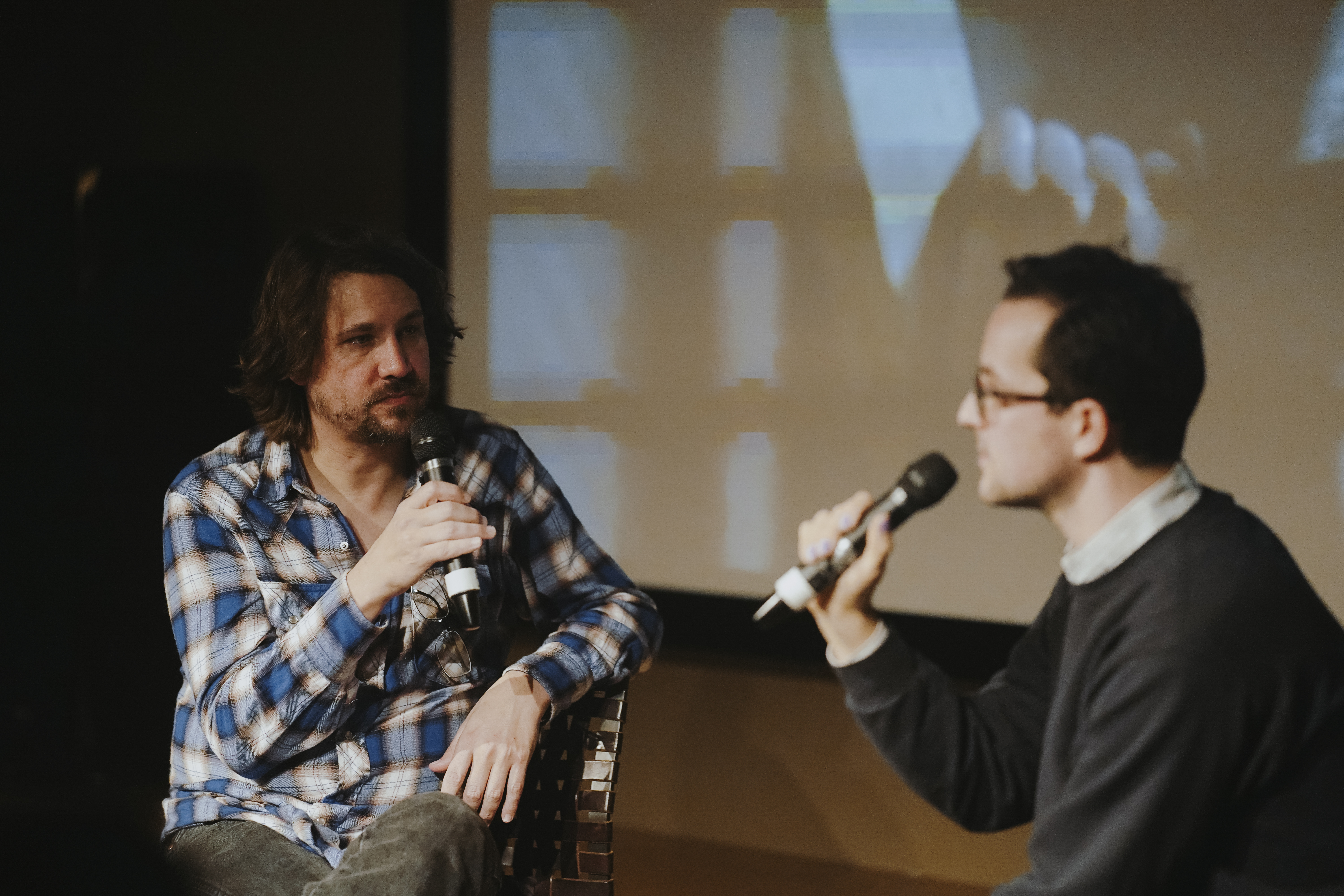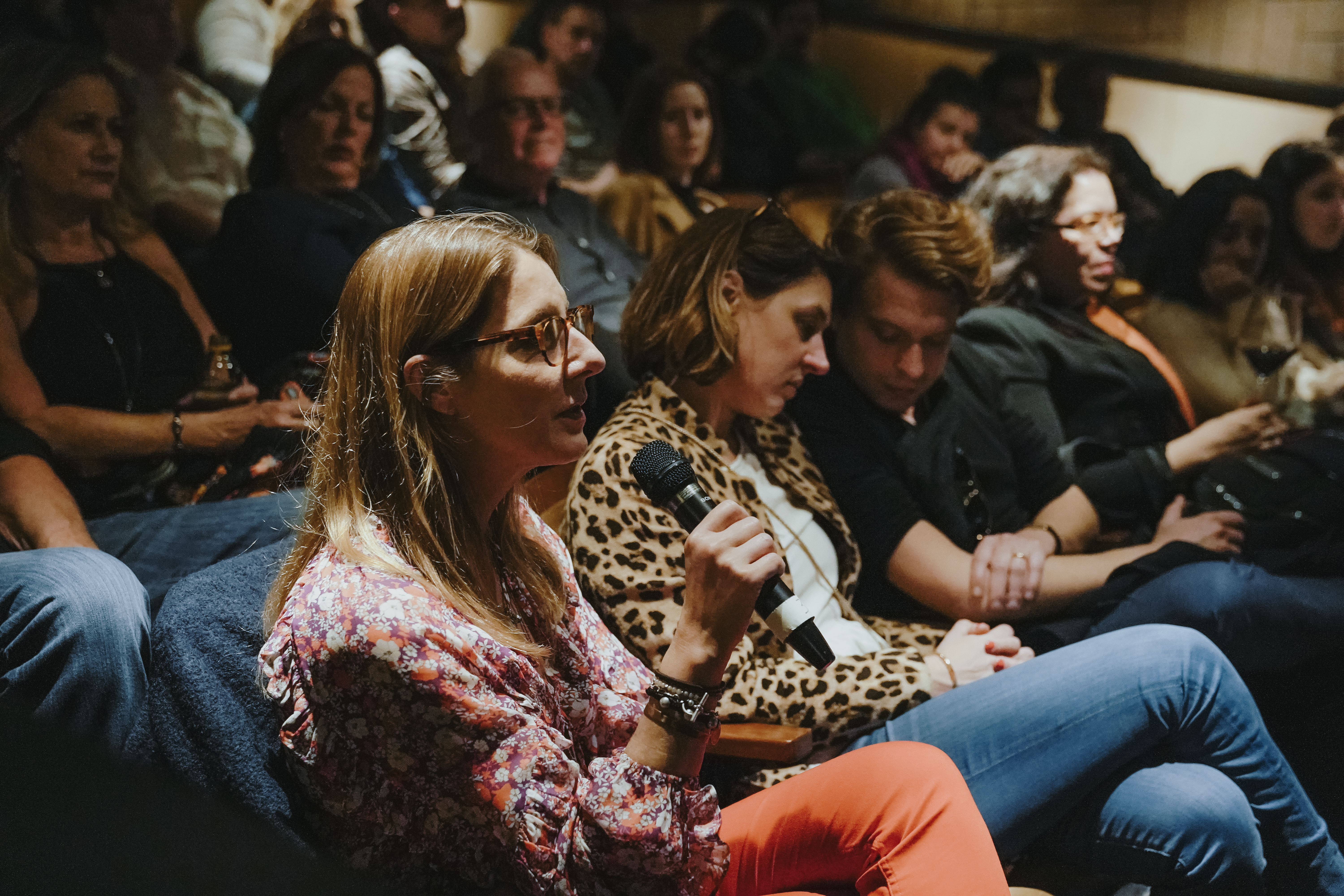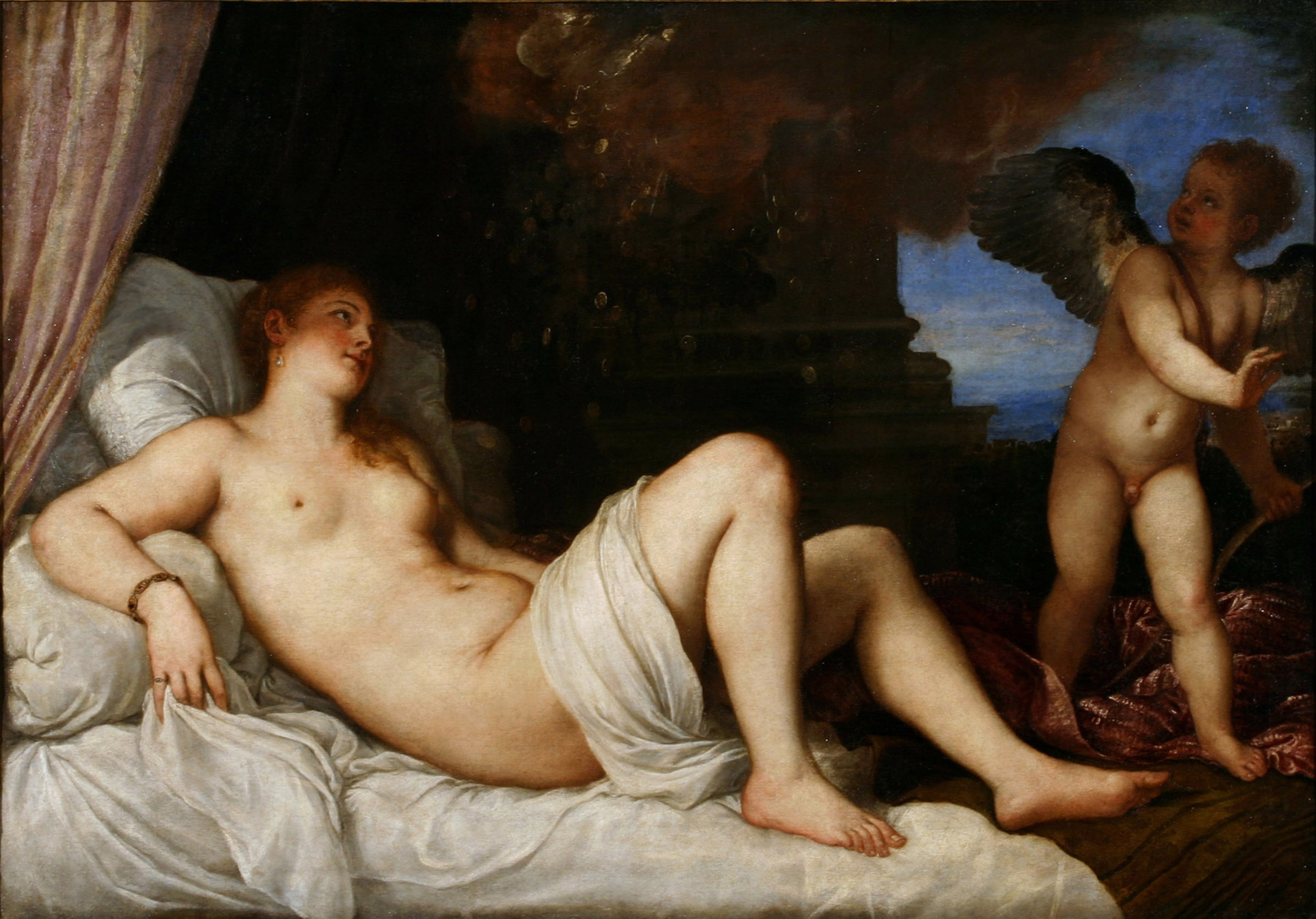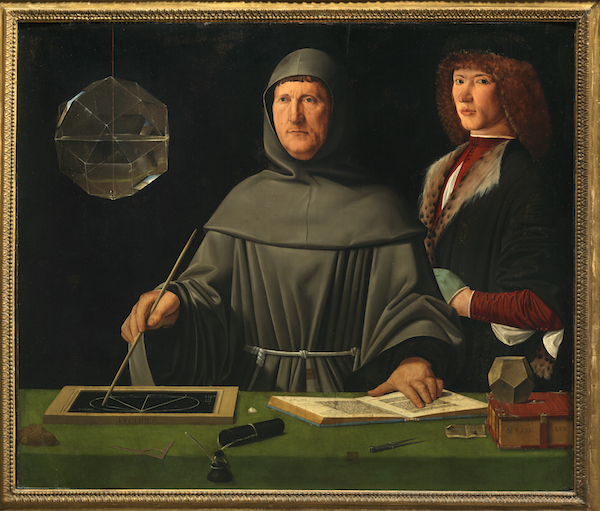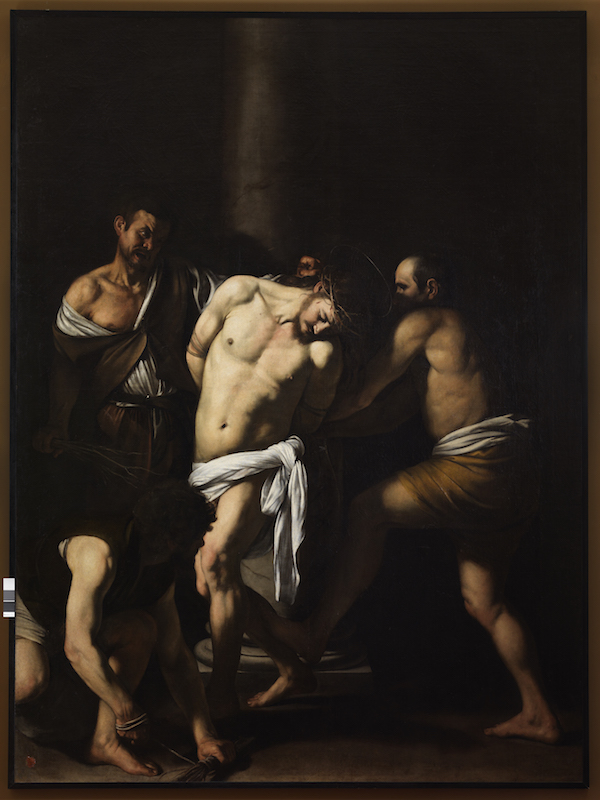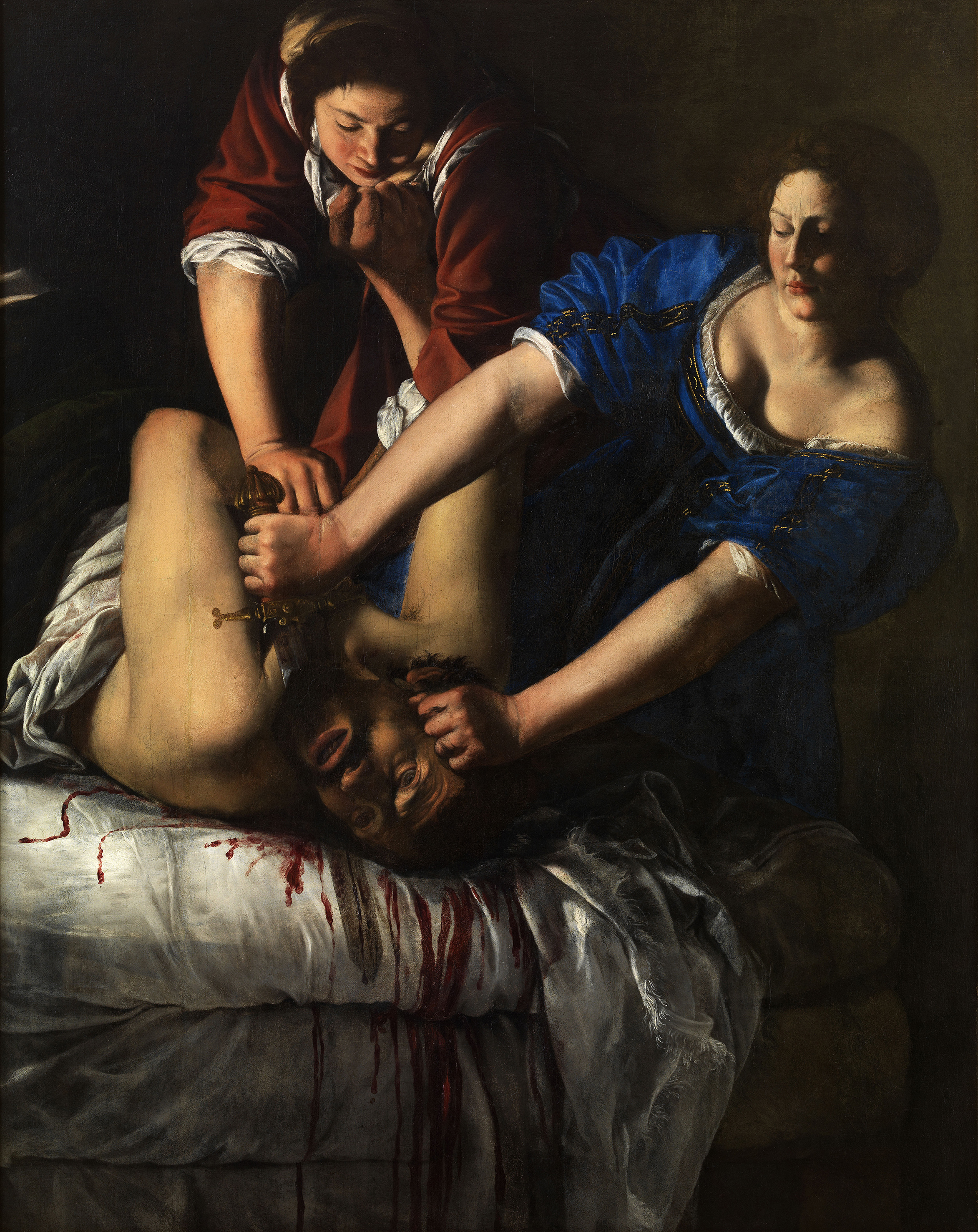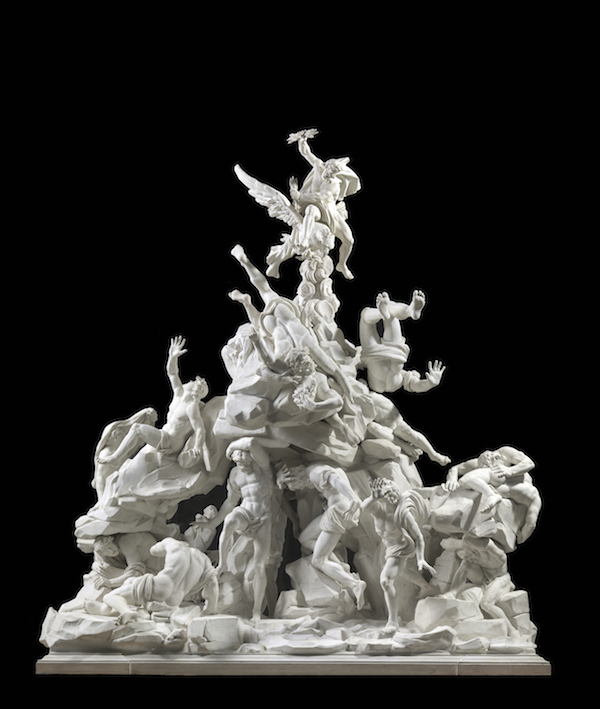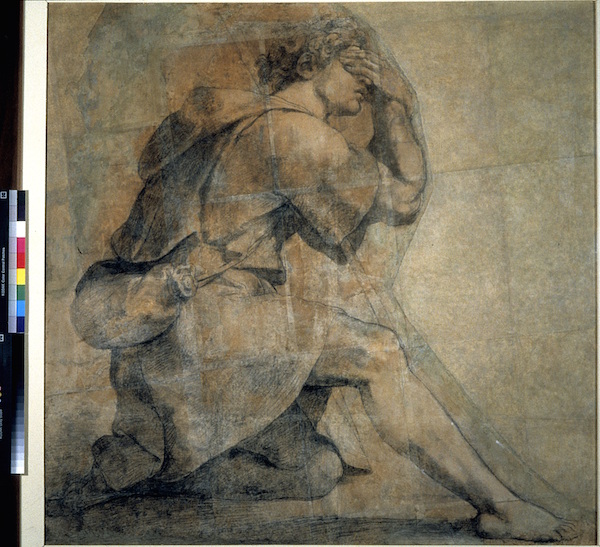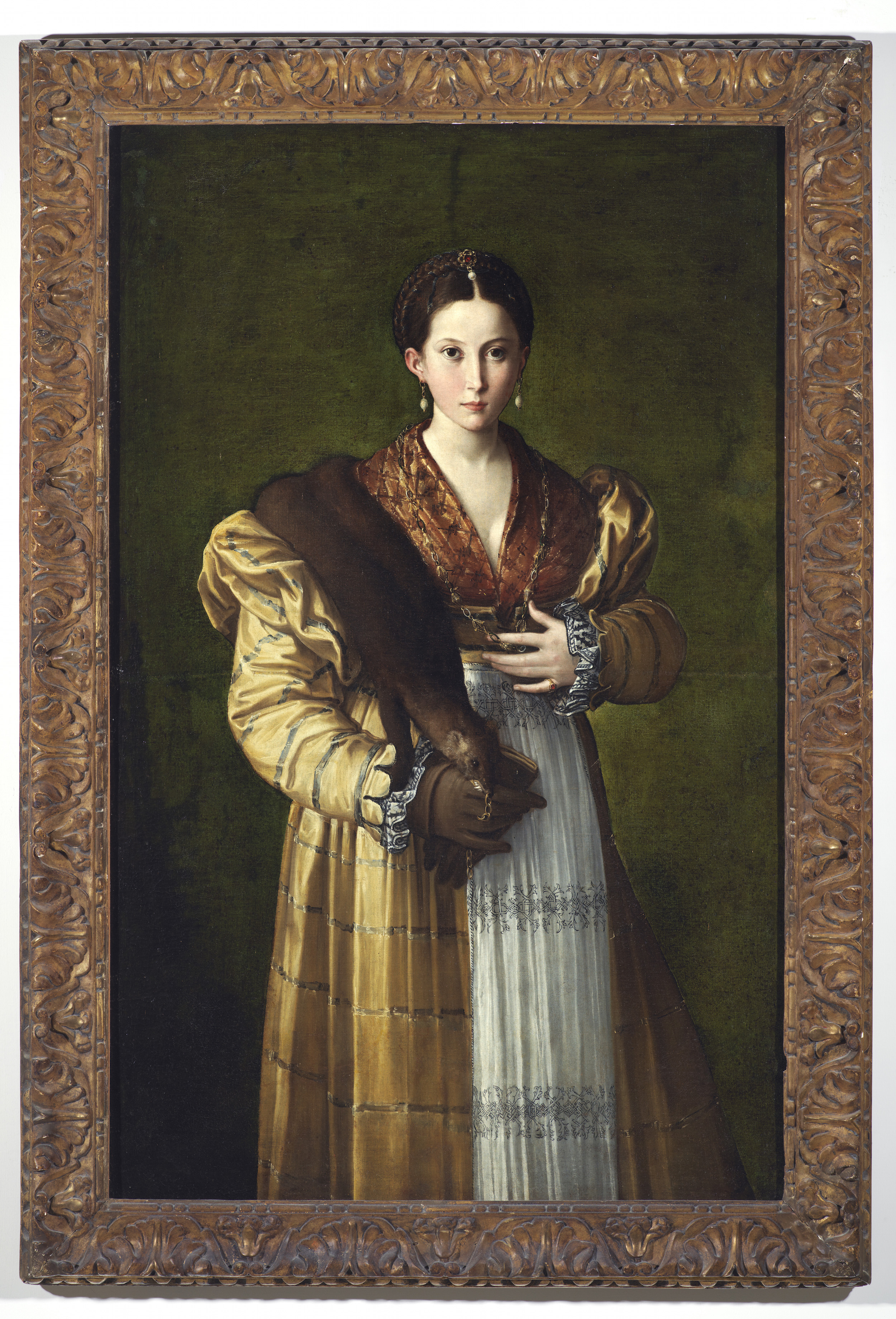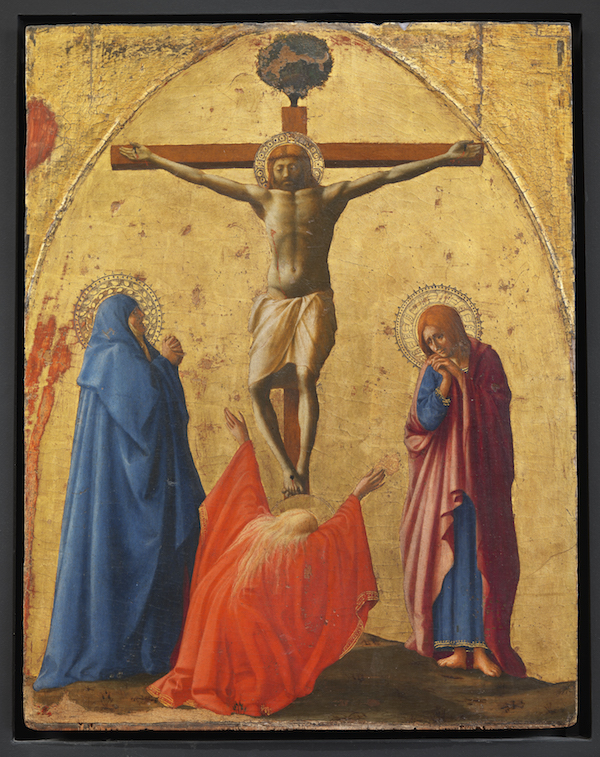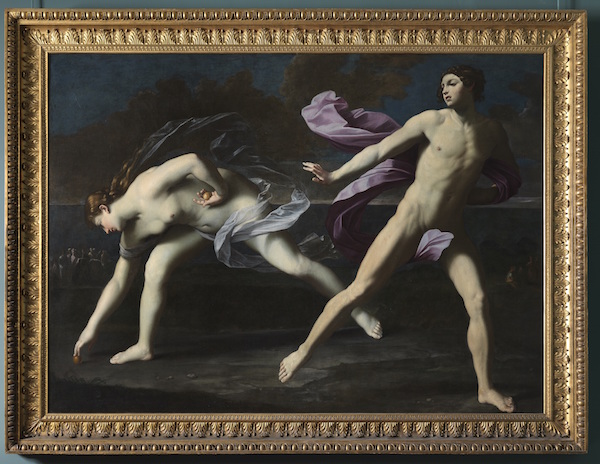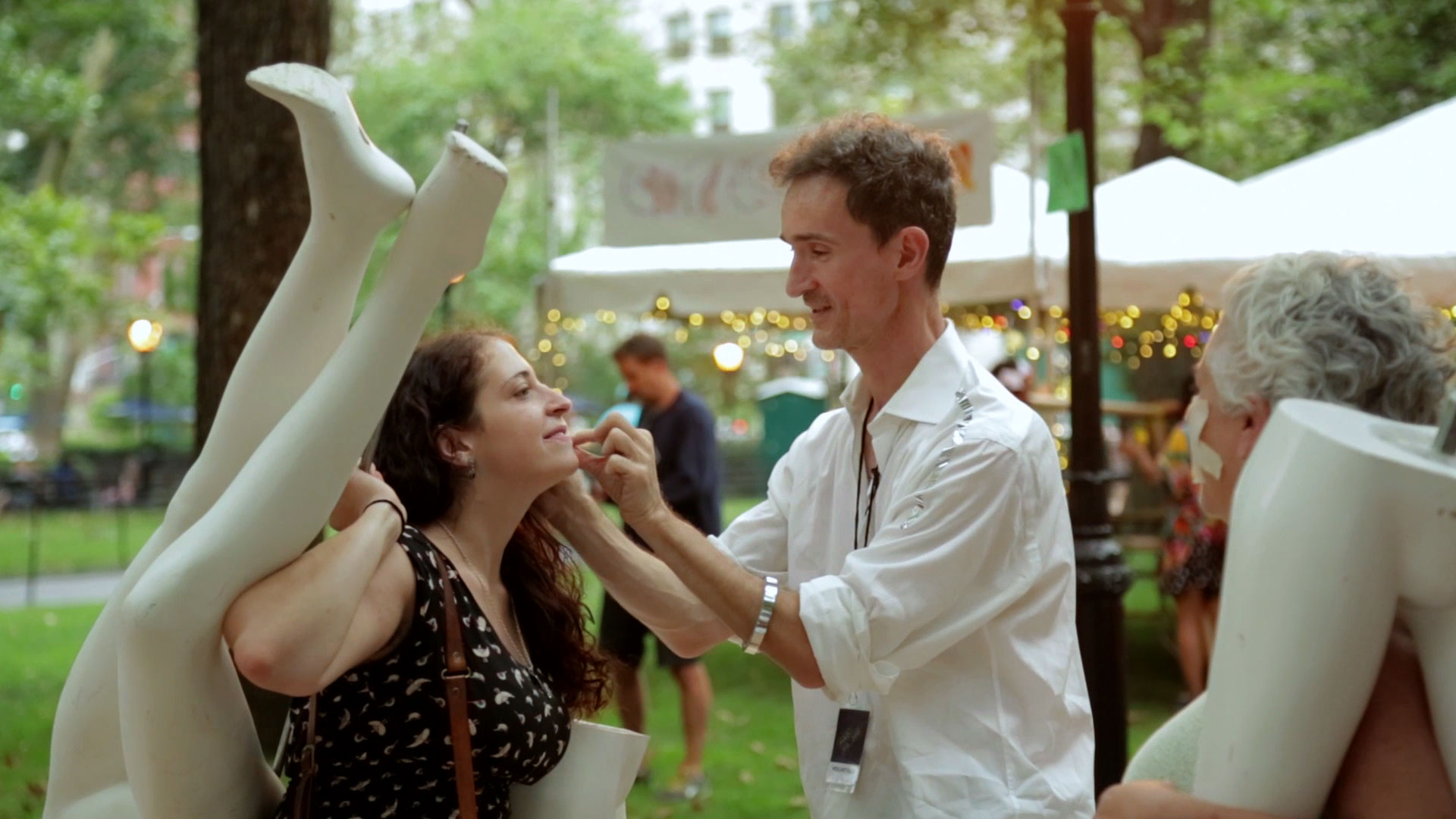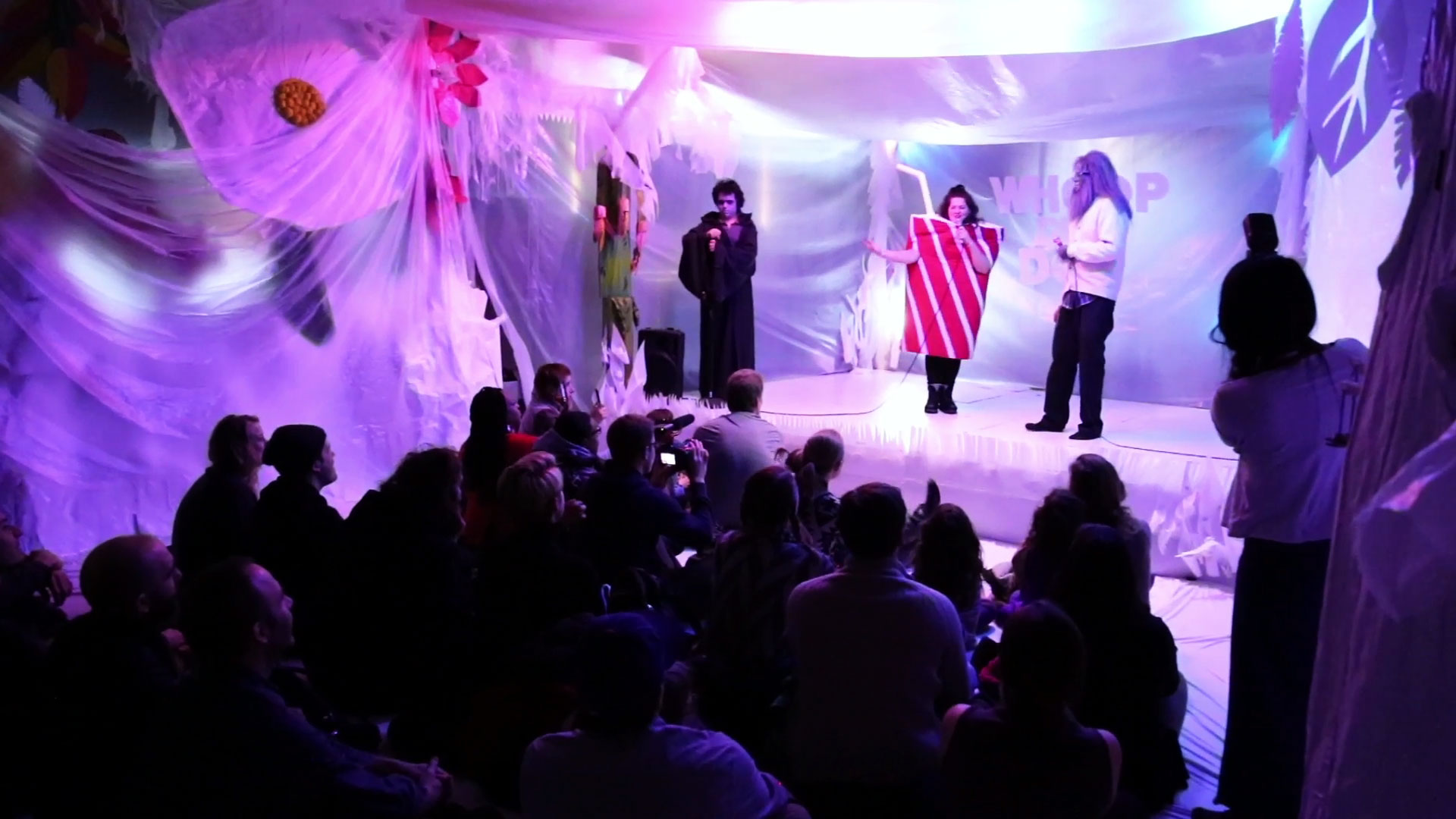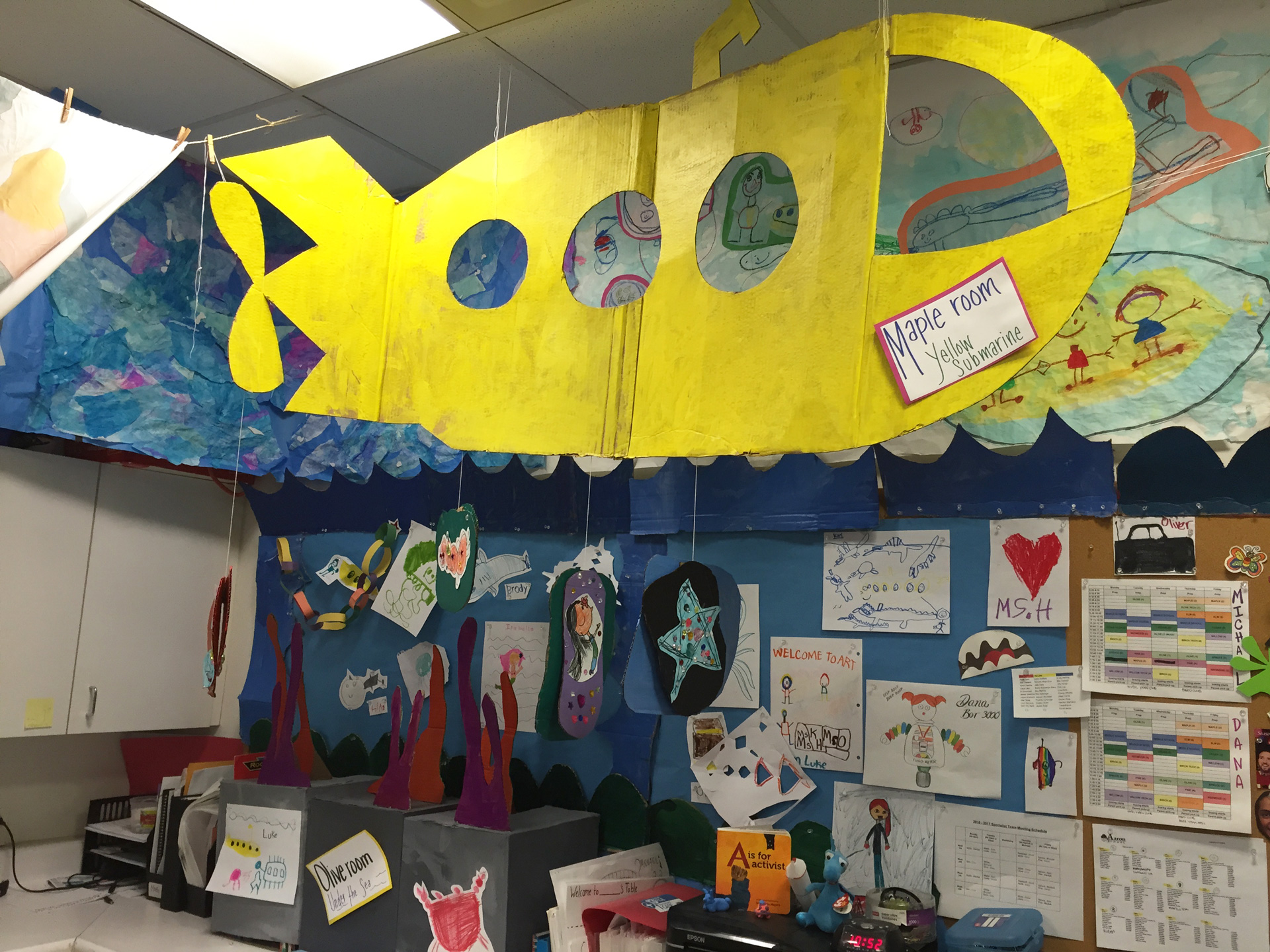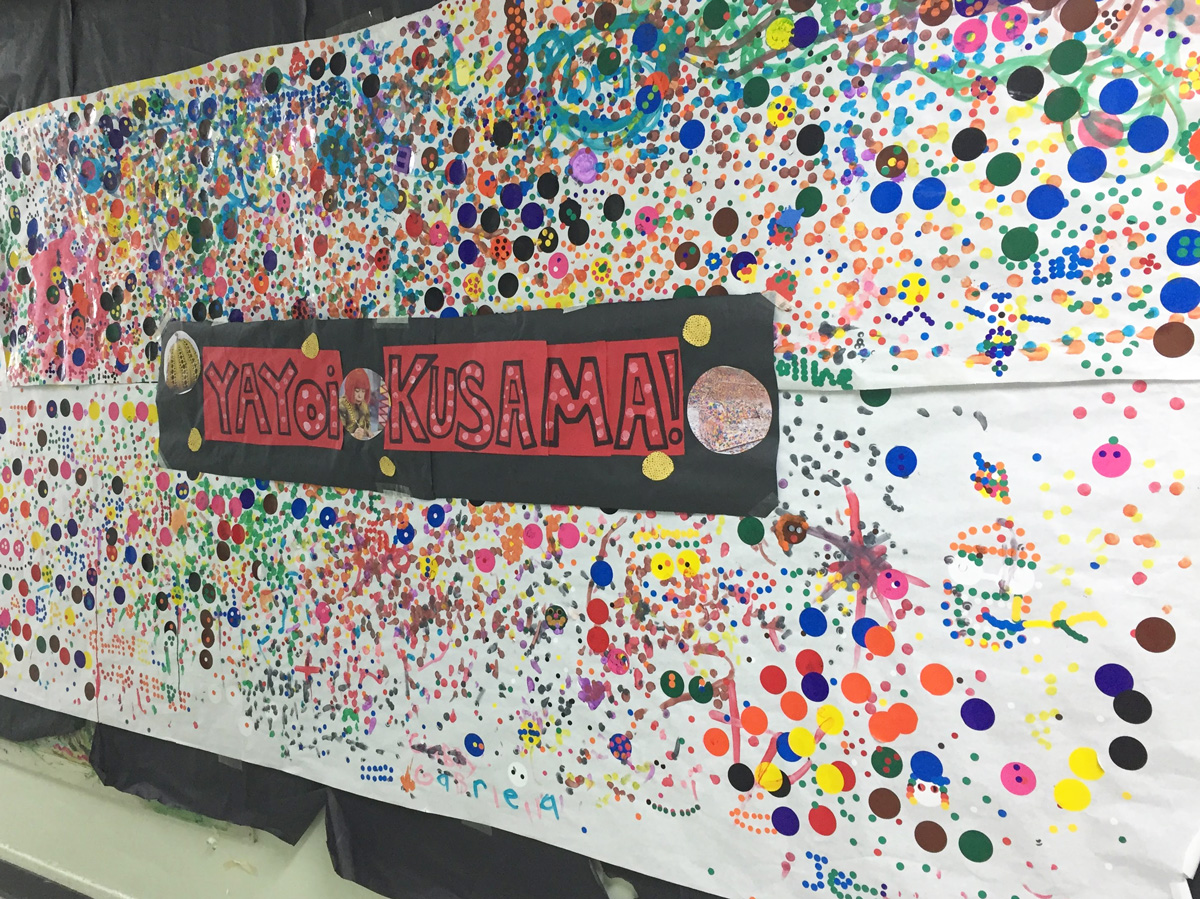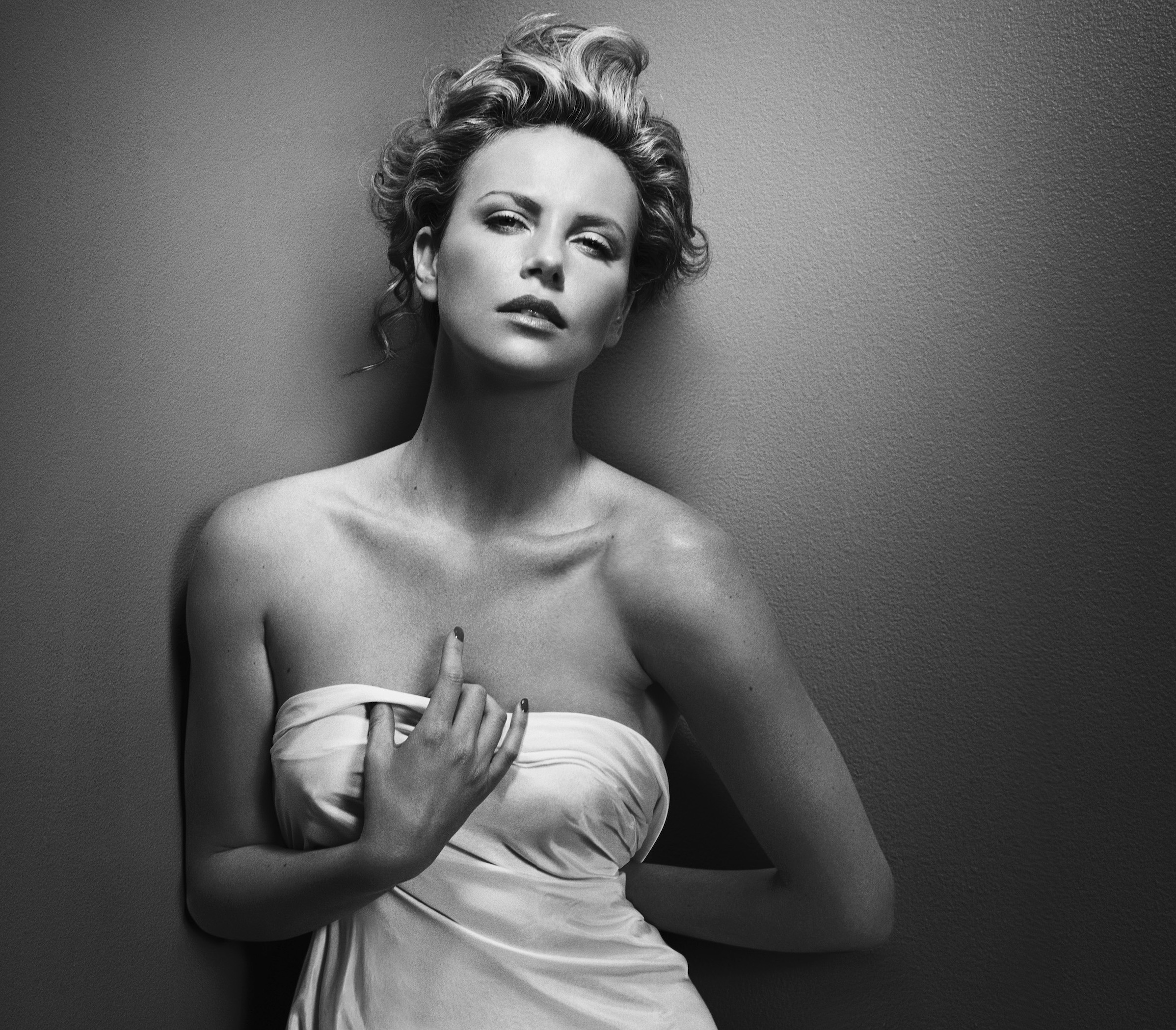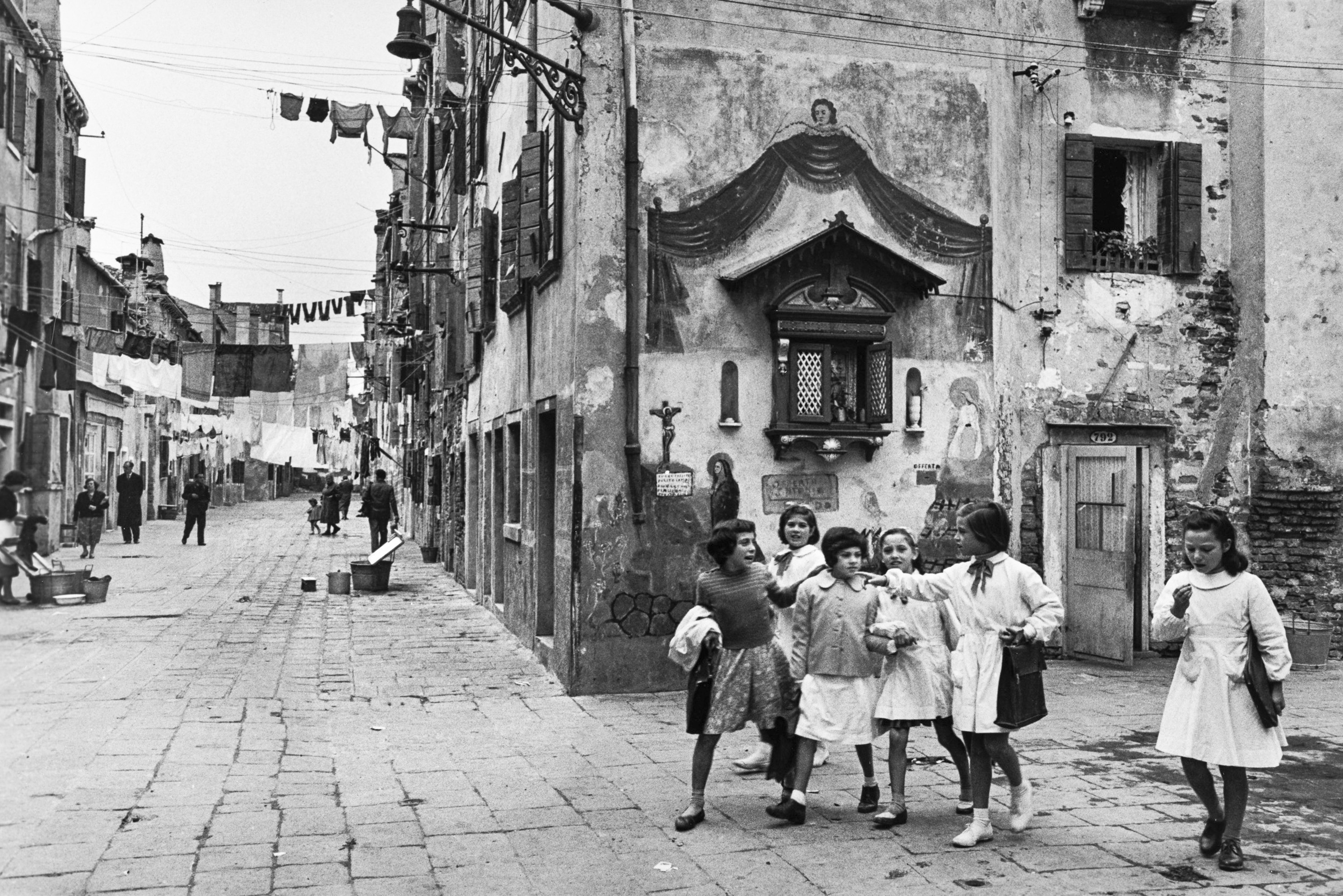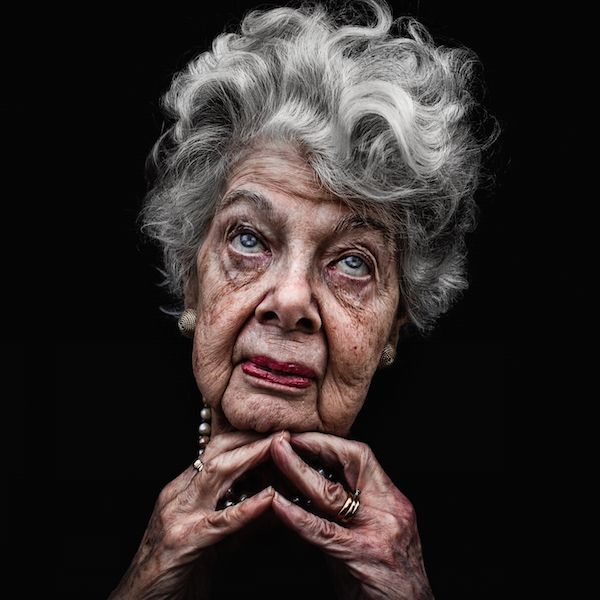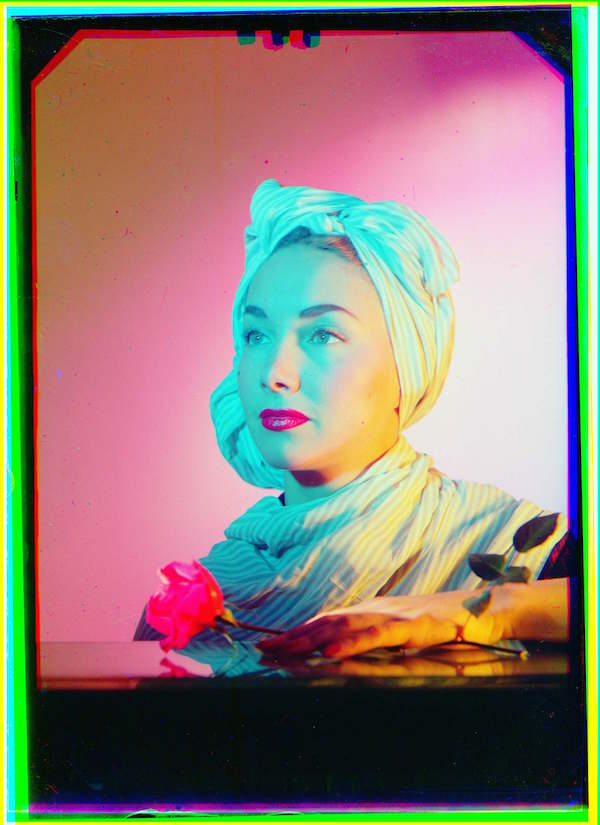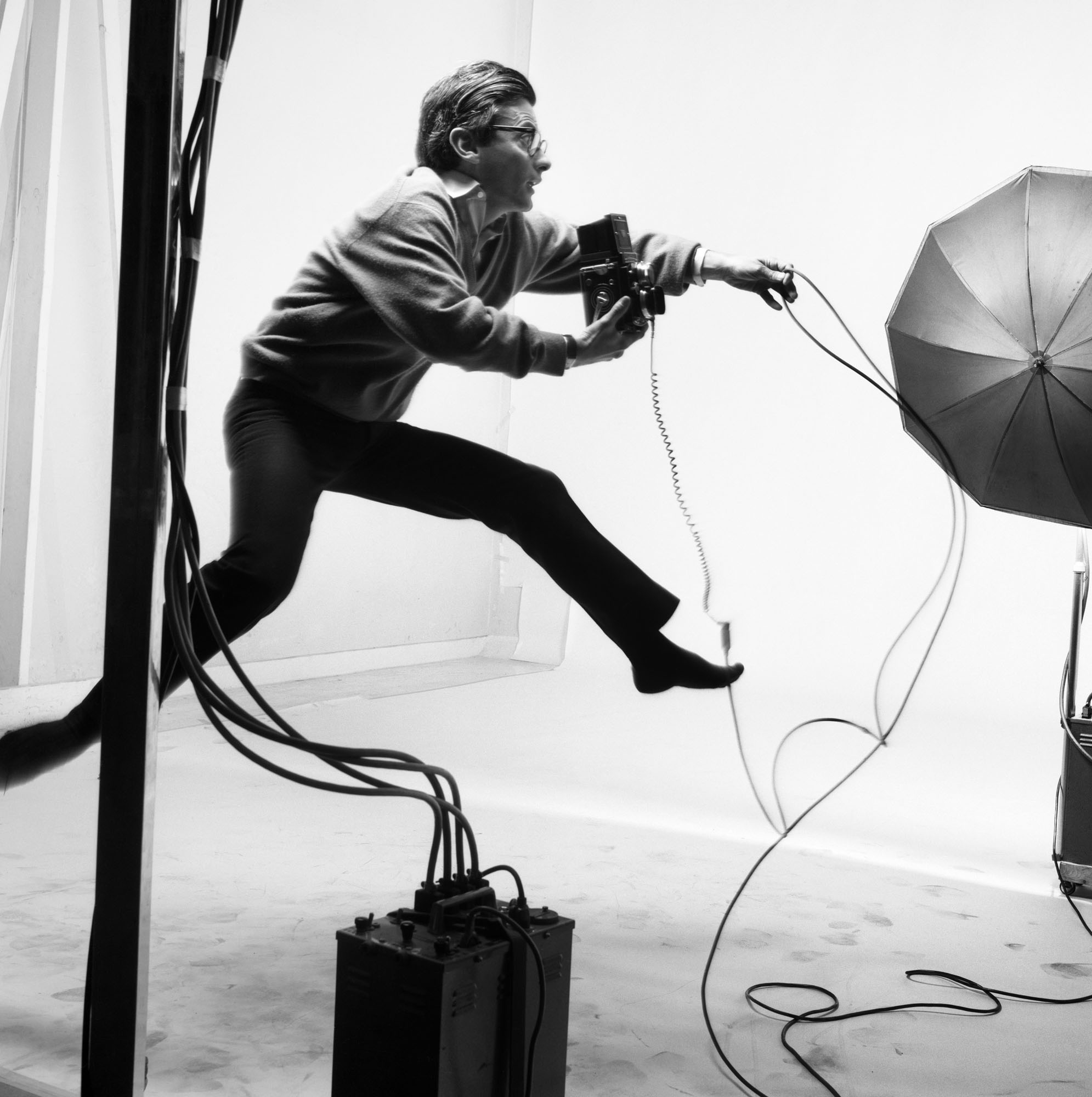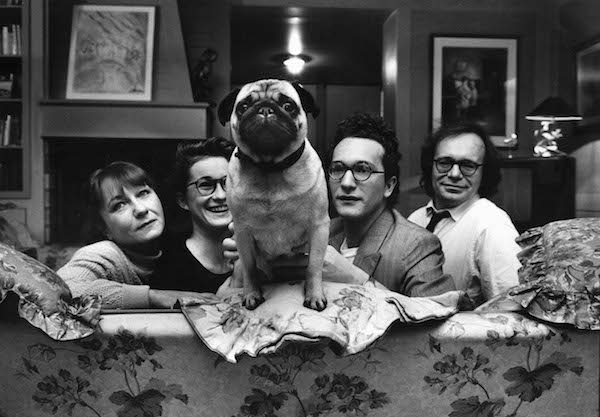From 26 January to 9 April Egon Schiele will be at the center of a major exhibition at the Tokyo Metropolitan Art Museum, which will present to the public a series of masterpieces on loan from the Leopold Museum in Vienna, an authentic Mecca of the art of the painter from Tulln, a treasure trove of the most complete collection in the world of works by illustrious protagonist of Austrian Expressionism: 43 paintings, over 200 watercolours, drawings and graphic works, photographs.

Egon Schiele, Self-portrait with alchechengi, 1912, Oil on canvas, 39.8 x 32.2 cm, Vienna, Leopold Museum
Egon Schiele from the collection of the Leopold Museum. Young genius in Vienna 1900, this is the title of the itinerary curated by Hans-Peter Wippinger, director of the Leopold Museum and Diethard Leopold, son and biographer of the museum’s founder, will welcome the first educational studies that the painter made as an adolescent alongside the famous self-portraits, presented as explorations of the identity of a young artist. A particular focus will also be on the unmistakable paintings, disturbing paintings populated by mothers with children, gnarled and erotic nudes, landscape scenes.
For the first time the Leopold Museum will present at the Tokyo Metropolitan Art Museum as well 40 Masterpieces by Schiele ready to dialogue with about seventy works created by eminent exponents of Jugendstil and Austrian Expressionism, from Gustav Klimt to Oskar Kokoschka, from Koloman Moser to Albin Egger-Lienz, from Richard Gerstl to Anton Kolig.
The exhibition will be an opportunity to admire important flagships of the Leopold Museum, an institution closely linked to the Viennese medical student, and later doctor of ophthalmology, Rudolf Leopold. The heart of this doctor, passionate about art collecting, beat mainly for the works of Schiele and those exponents of the fine applied arts who decisively shaped the pulsating cultural life in twentieth-century Vienna.
It was 1953 when the future Dr. Leopold decided to invest the money received from the family as a prize for the high school exam in a Schiele painting instead of a Volkswagen Beetle.
The purchase of The Hermits it was only the beginning of a long adventure. In about 50 years Leopold will put together the most important collection in the world dedicated to thechild terrible of the Secession.
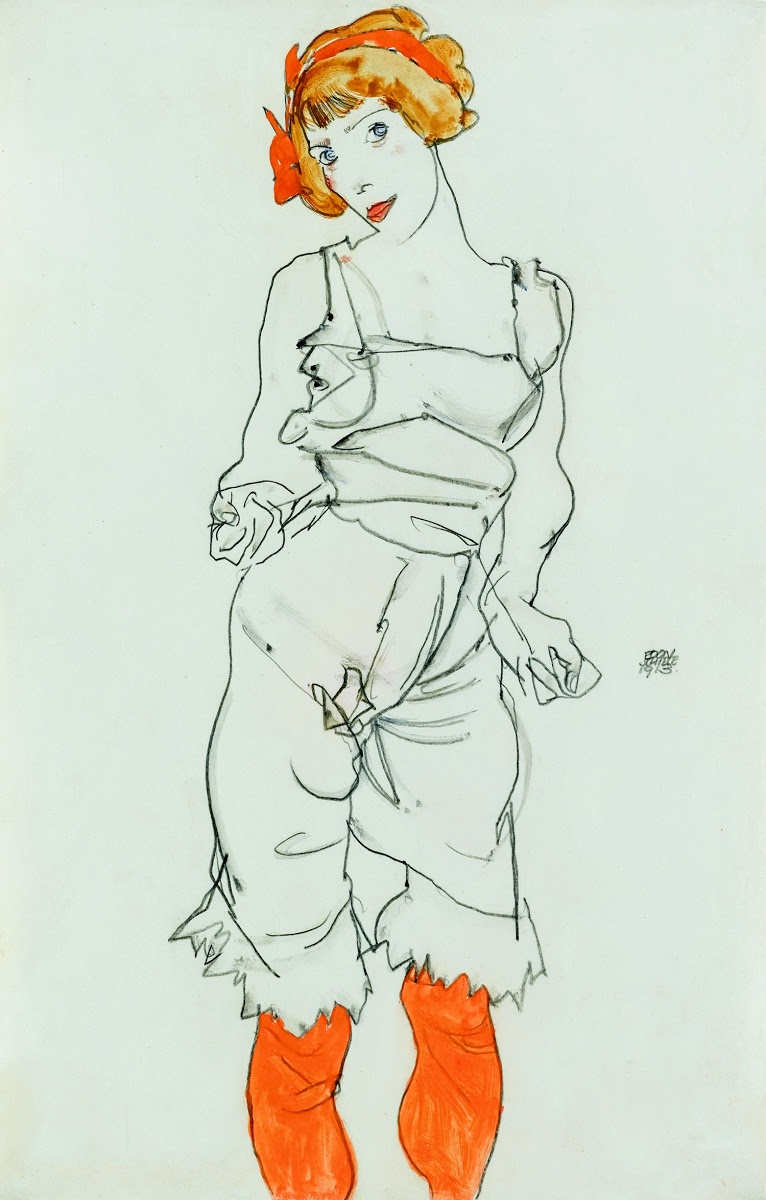
Egon Schiele, Woman in Underclothes and Stockings (Wally Neuzil), Detail, 1913, Vienna, Leopold Museum
Rudolf’s passion for Schiele was rooted, not least, in the artist’s almost obsessive interest in contemplating his own existence, which he expressed as much in self-portraits as in urban and terrestrial landscapes. On the other hand, it is in the eccentric gestures and facial expressions of his characters that Schiele has translated the urgency of ruthless explorations of the body by postulating self-reflection as a connection between corporeity and existential questions.
In a rigid and inhibited society, this visceral and scandalous artist has investigated the limits of the flesh and sexuality astonishing the spectators with the nudes, the bright colours, the angular lines, the daring poses, the lanky silhouettes, expressions of a deeper subjectivity .
The Secession, which also welcomed him, was already a past phenomenon for him. Change and transformation were not only characteristics of Schiele as a research artist who, during his very short creative period from 1908 to 1918, subjected his style to constant changes, but constitute aspects that shaped Viennese modernism at the beginning of the 20th century.
The exhibition will trace the life and career of the young and talented champion of the brush – killed in 1918 by the Spanish flu at the age of just 28, while delivering 340 paintings and 2800 graphic works including watercolors and drawings to the world – giving the public the first major retrospective of Egon Schiele’s work opened in Japan in nearly 30 years.
![]() Read also:
Read also:
• Happy birthday Egon Schiele! A revolution lasting 130 years
• The 5 most scandalous paintings in the world
• In the world of Egon Schiele at the Leopold Museum



















